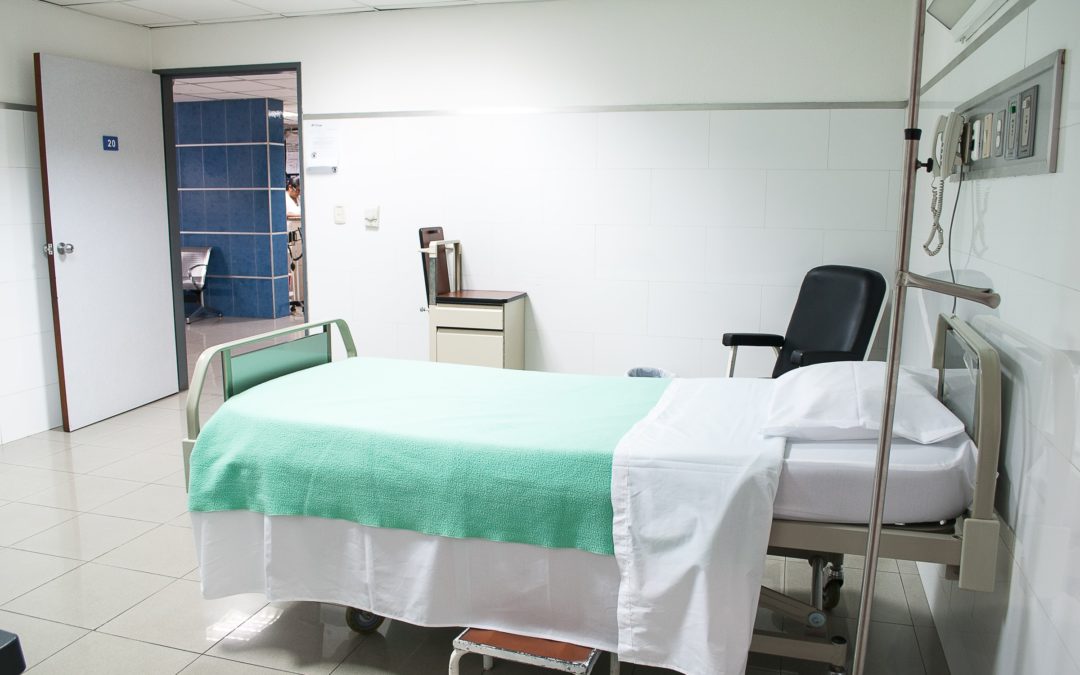Facing the need for surgery can be scary, especially when a procedure is not well-understood. Two of the most basic terms for describing a surgical procedure are inpatient and outpatient surgery, and understanding what those are is a good place to start.
Basic Definitions
Surgery is considered inpatient when the patient is expected to remain at a hospital for observation and care after the surgery, usually for at least one night though sometimes longer. Outpatient surgery, in contrast, are surgical procedures where the patient can go home that same day. Due to advancements in medical technology, more procedures are being offered as outpatient surgery than ever before.
Nuanced Differences
Because inpatient care requires a hospital stay, it is almost always more expensive than outpatient surgery in the United States. These two types of surgeries are often performed at different types of facilities as well. Inpatient surgery must be done at a facility that can care for and accommodate patients overnight. Outpatient surgery, on the other hand, can be done at traditional hospitals but also at clinics and dedicated surgery centers. These facilities may be associated with hospital systems or independent. No matter which type of surgery is done, doctors will follow up with the patient afterward.
Which One To Have
The type of surgery a patient ultimately needs is determined by the nature of the procedure itself and the condition it is attempting to alleviate. Because of this, patients don’t often get to decide whether they receive inpatient or outpatient surgery, though depending on the surgery a choice may be offered in some cases. Depending on a patient’s individual health and medical conditions, one type of surgery might be safer or more preferable than the other. For example, it might be better for a patient in poorer health to have inpatient surgery so they can be closely monitored afterward. Outpatient surgery might be preferable for patients with compromised immune systems who want to avoid hospitals.
Anyone preparing for surgery should have frank conversations with their doctors. Take this opportunity to ask any desired questions and get answers. Patients should take the time to look into their options before making a final decision on the procedure they are going to have. Be certain to follow all doctor recommendations for a recovery that is as quick as possible.

